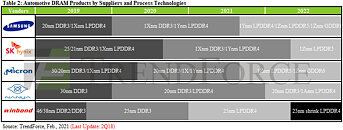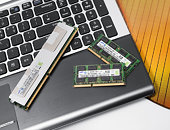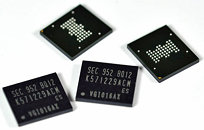Raspberry Pi Zero 2 W on sale now at $15
It's been nearly six years since we unleashed the $5 Raspberry Pi Zero on an unsuspecting world. Of all the products we've launched, Zero is still the one I'm proudest of: it most perfectly embodies our mission to give people access to tools, and to eliminate cost as a barrier. We've sold nearly four million units of Zero, and its $10 wireless-enabled big brother Zero W, and they've made their way into everything from smart speakers to hospital ventilators. But where our larger products have grown steadily more powerful over the years, we've never found a way to pack more performance into the Zero form factor. Until today.
Priced at $15, Raspberry Pi Zero 2 W uses the same Broadcom BCM2710A1 SoC die as the launch version of Raspberry Pi 3, with Arm cores slightly down-clocked to 1GHz, bundled into a single space-saving package alongside 512 MB of LPDDR2 SDRAM. The exact performance uplift over Zero varies across workloads, but for multi-threaded sysbench it is almost exactly five times faster.
Priced at $15, Raspberry Pi Zero 2 W uses the same Broadcom BCM2710A1 SoC die as the launch version of Raspberry Pi 3, with Arm cores slightly down-clocked to 1GHz, bundled into a single space-saving package alongside 512 MB of LPDDR2 SDRAM. The exact performance uplift over Zero varies across workloads, but for multi-threaded sysbench it is almost exactly five times faster.


















